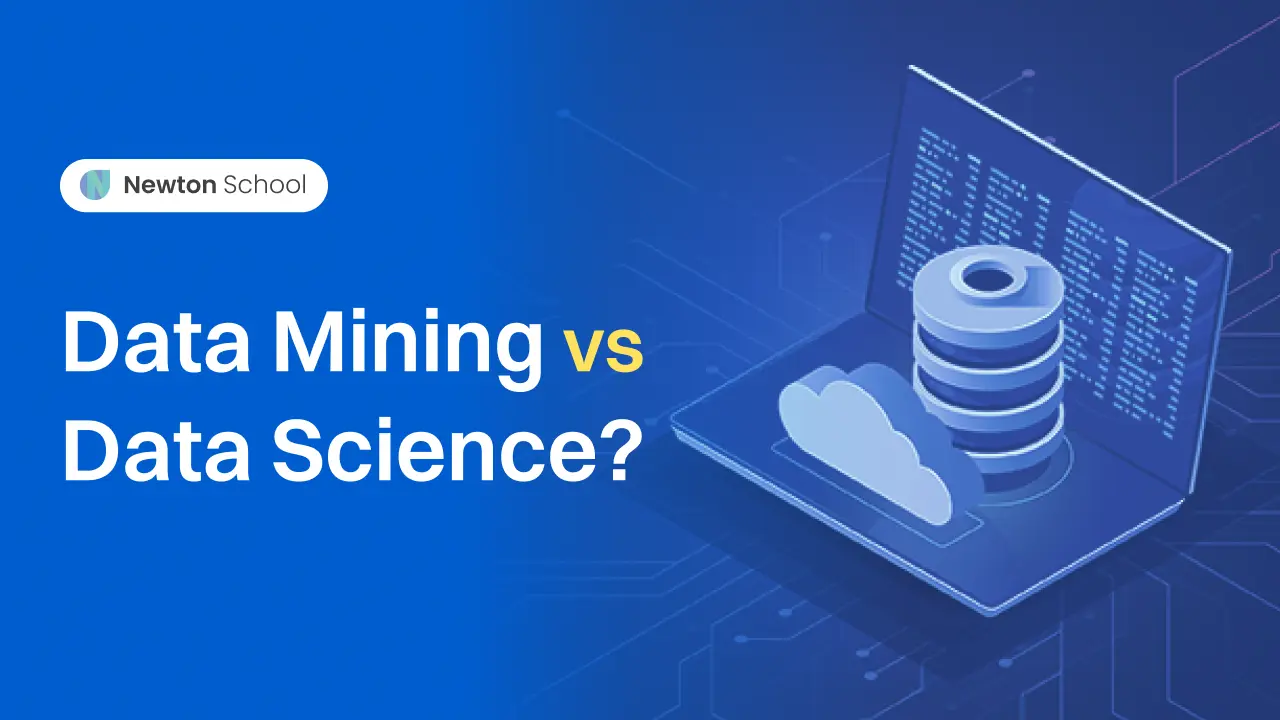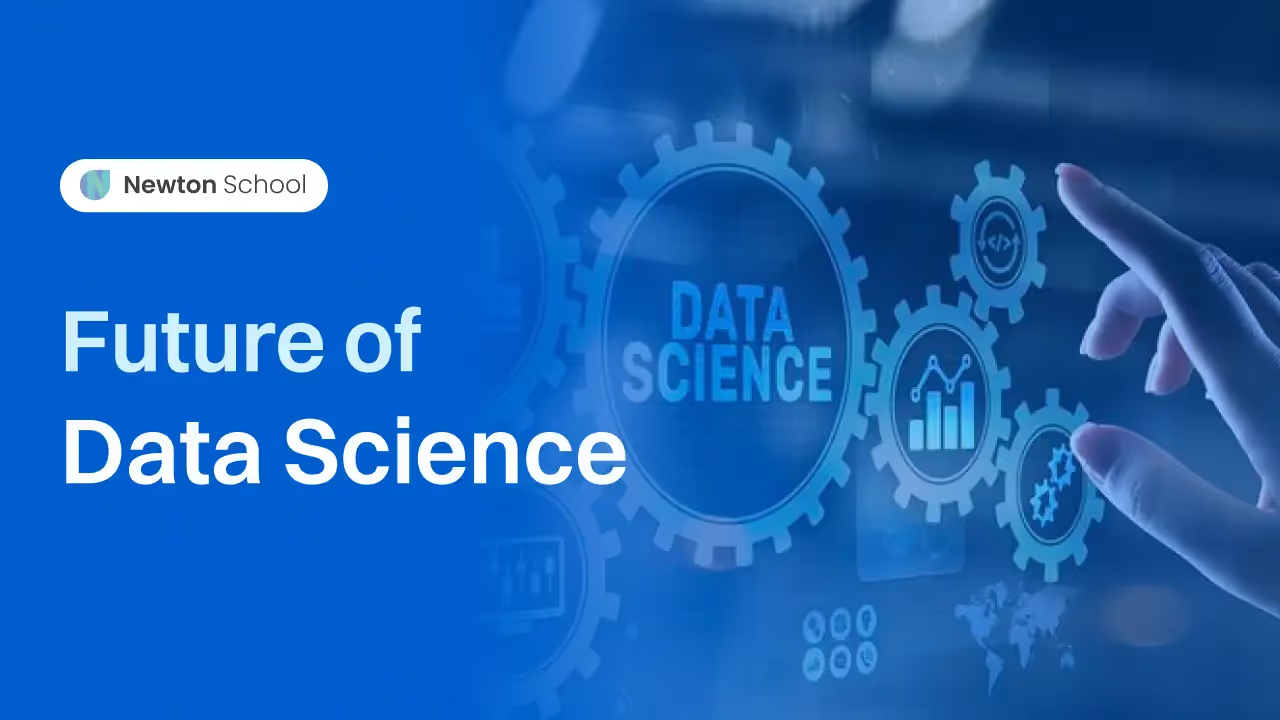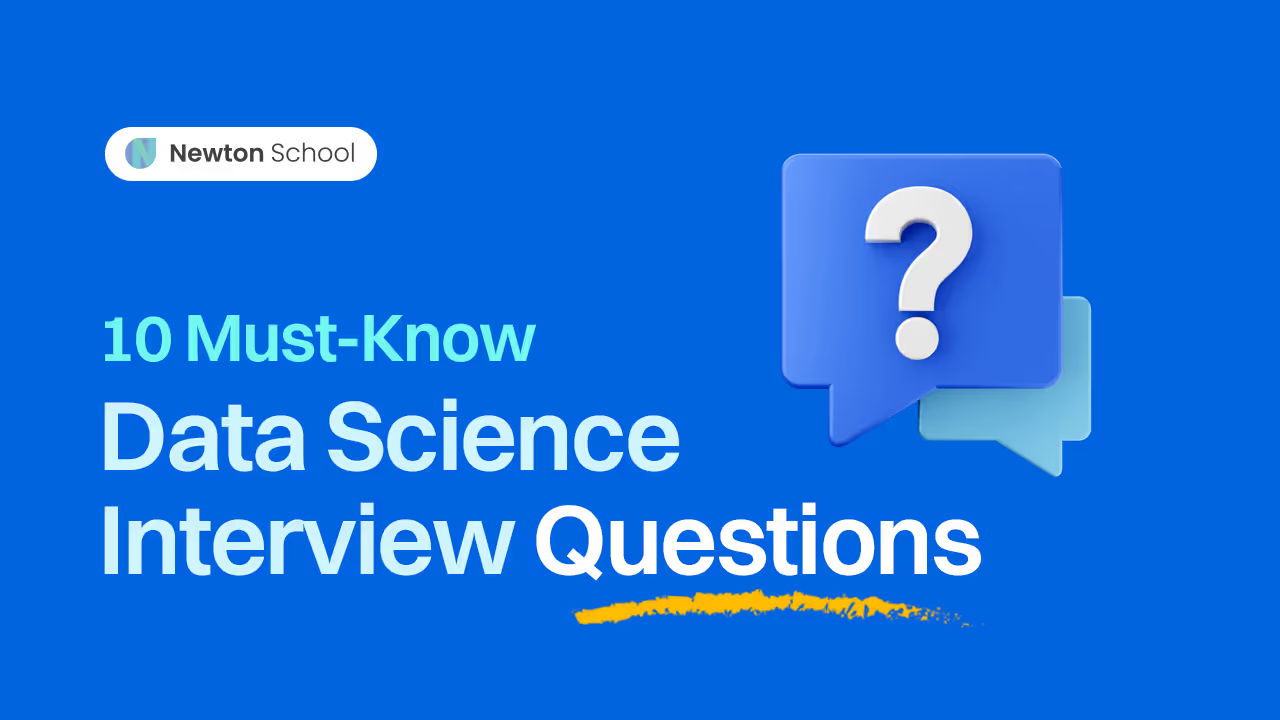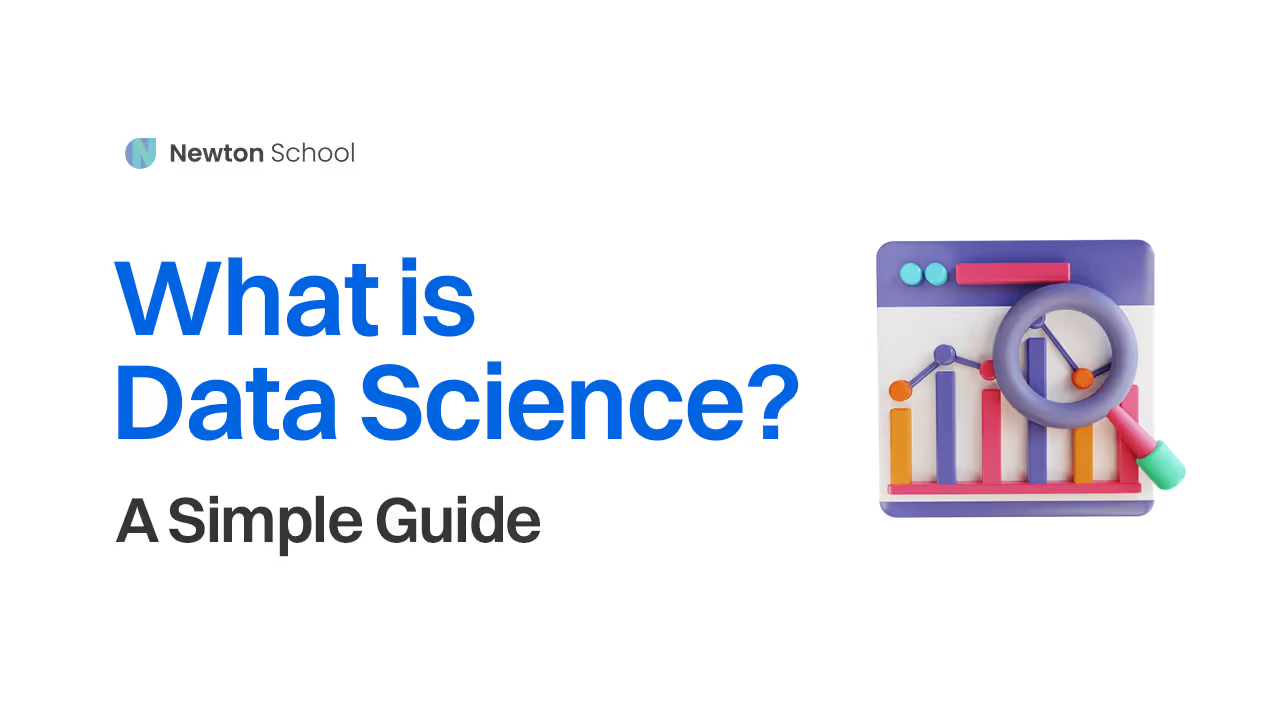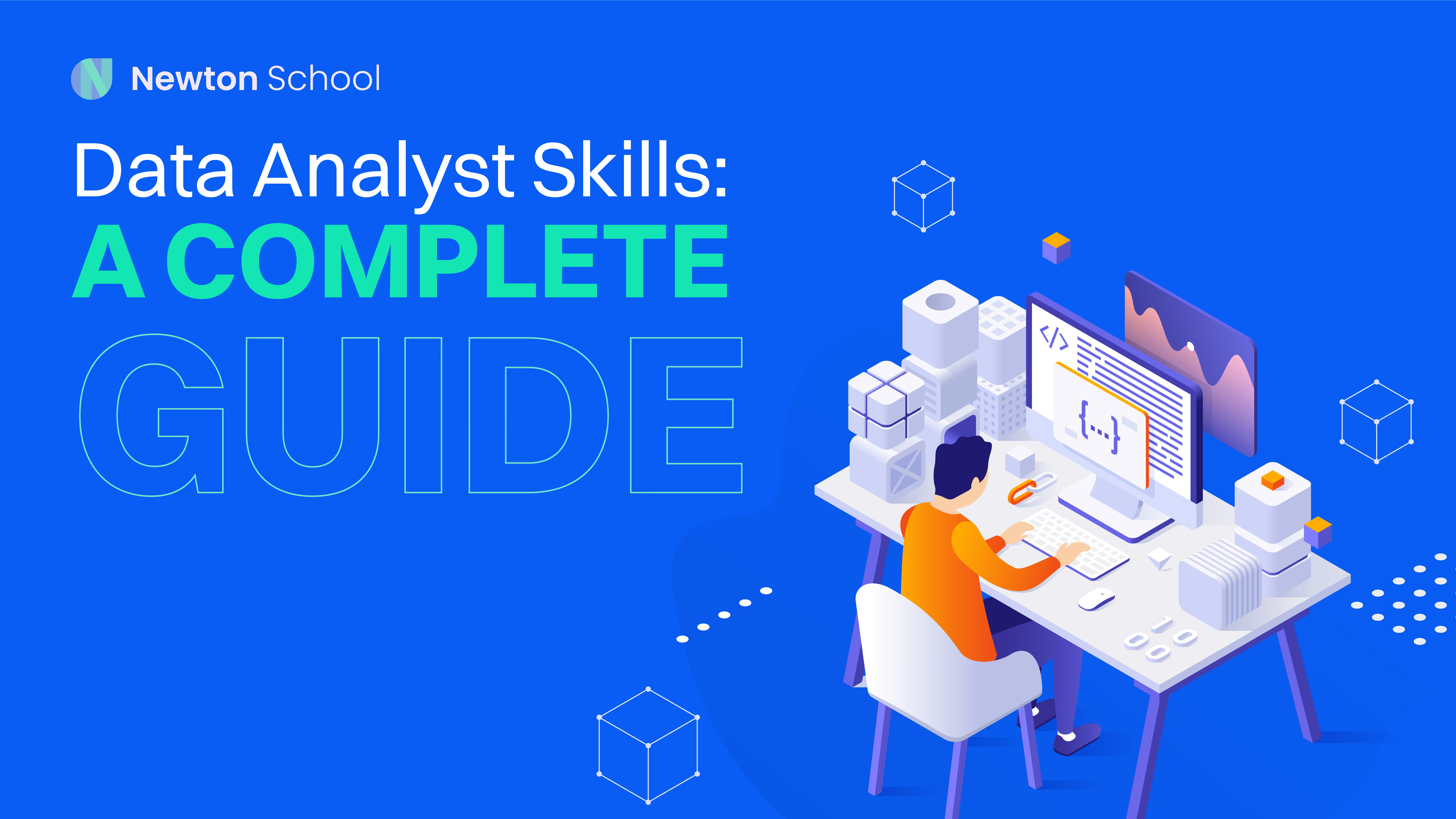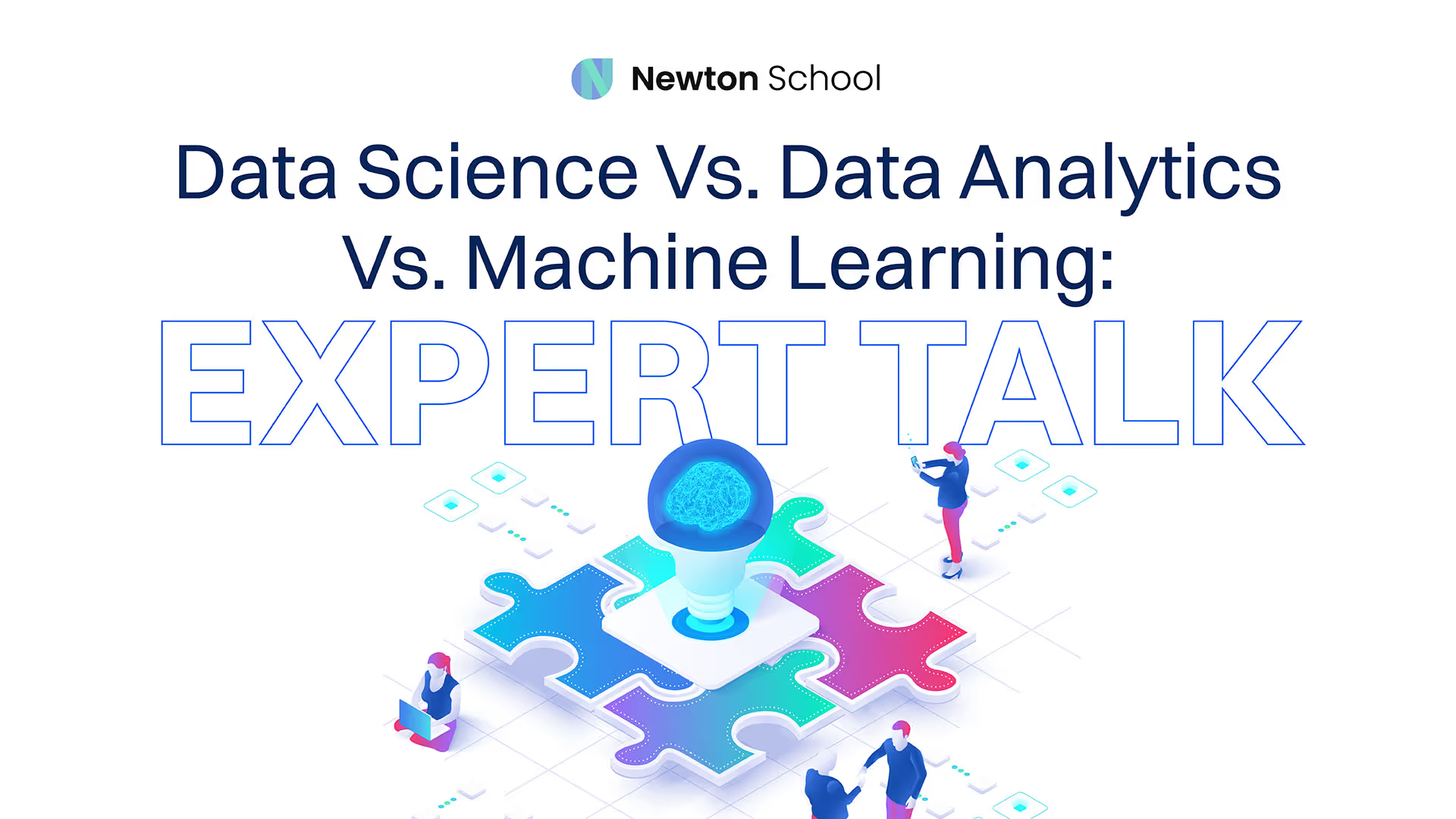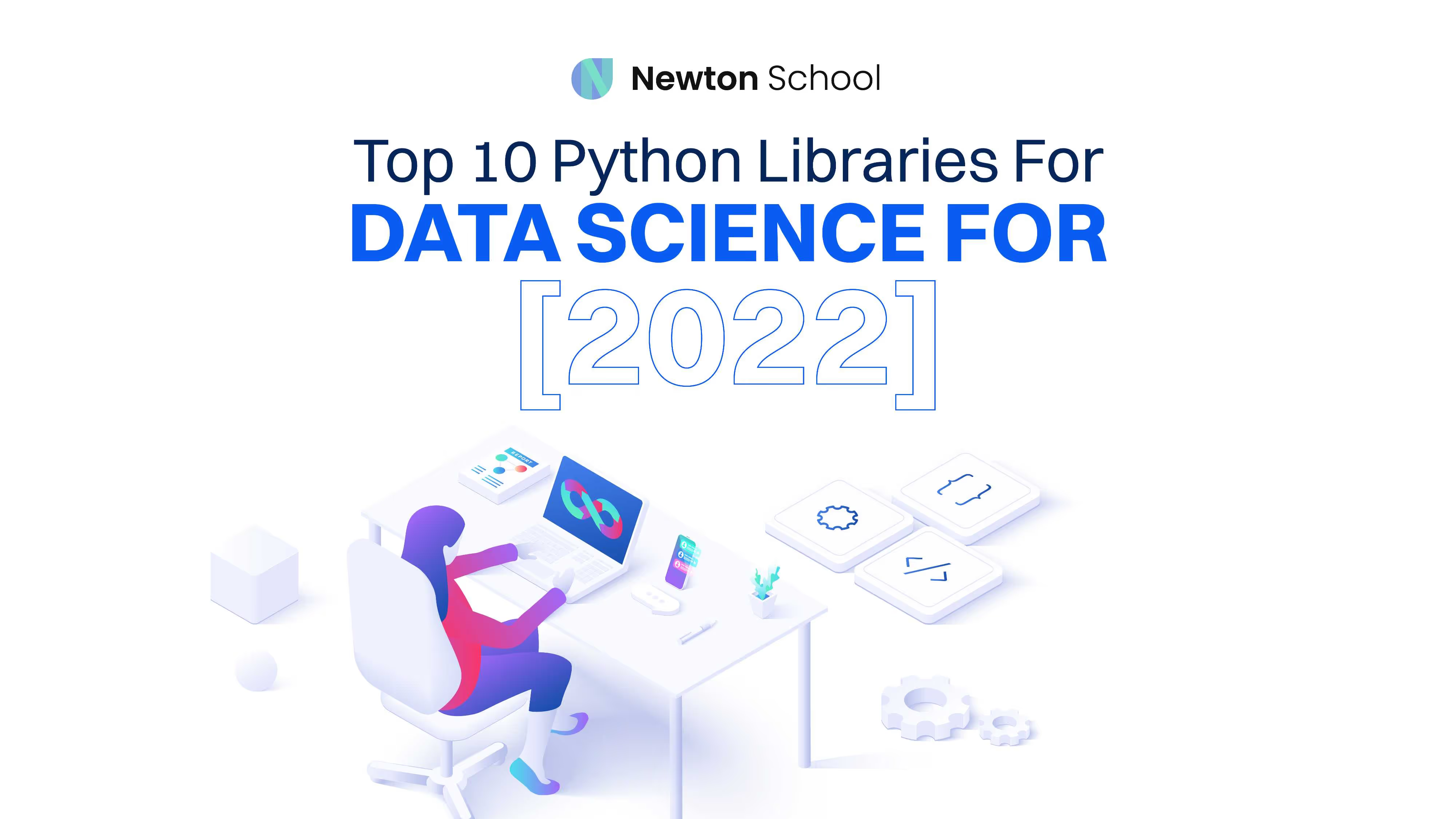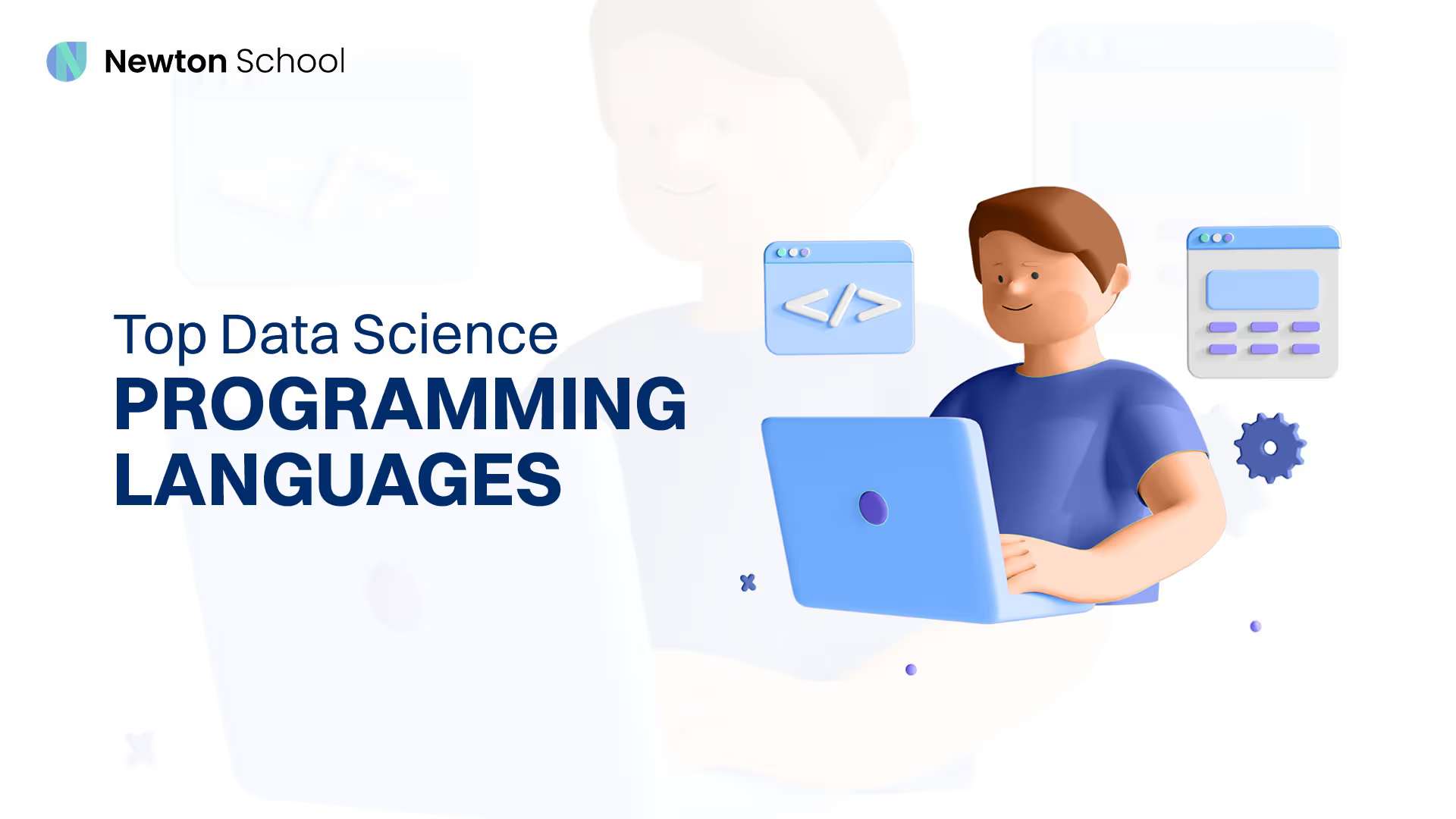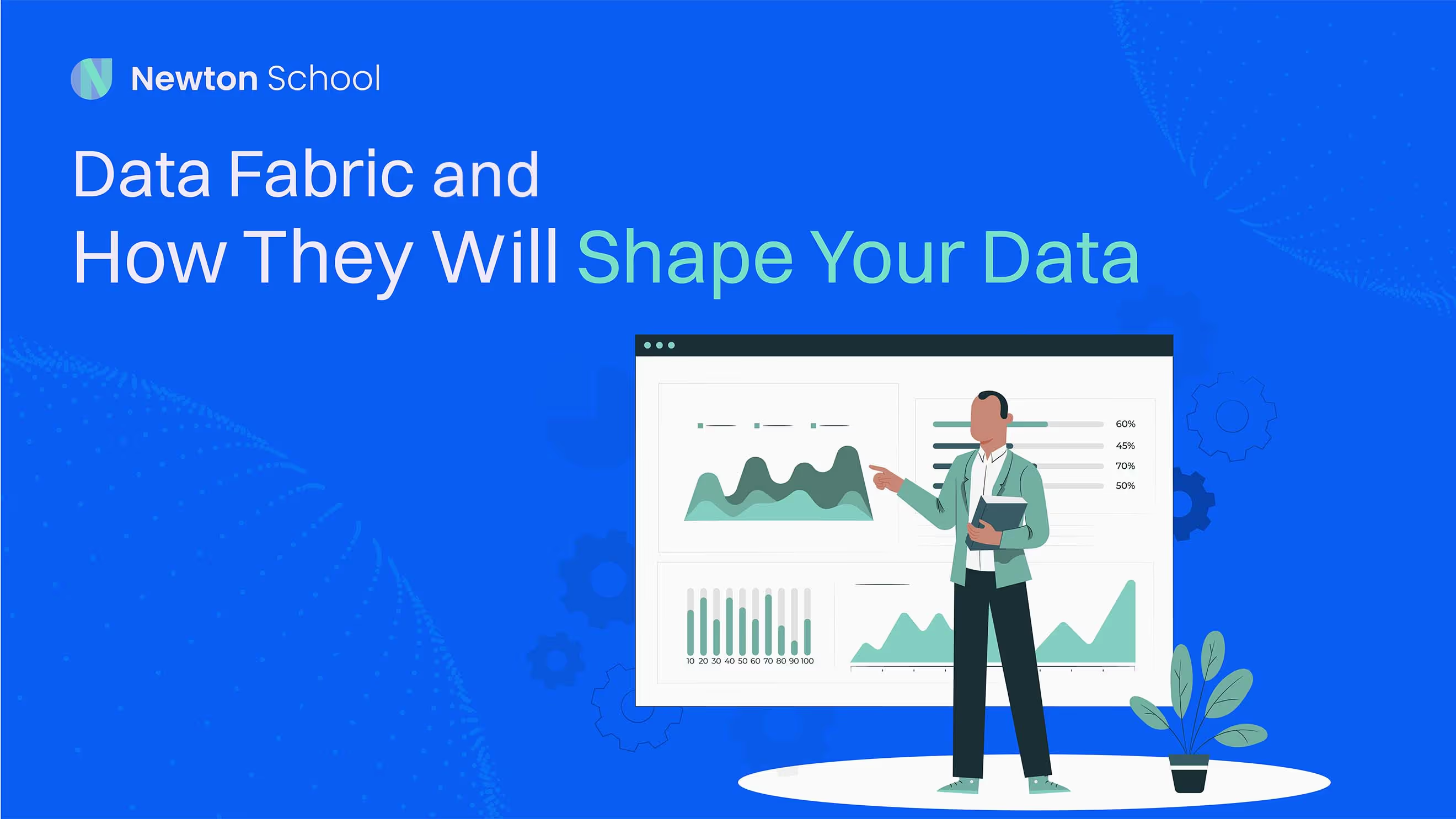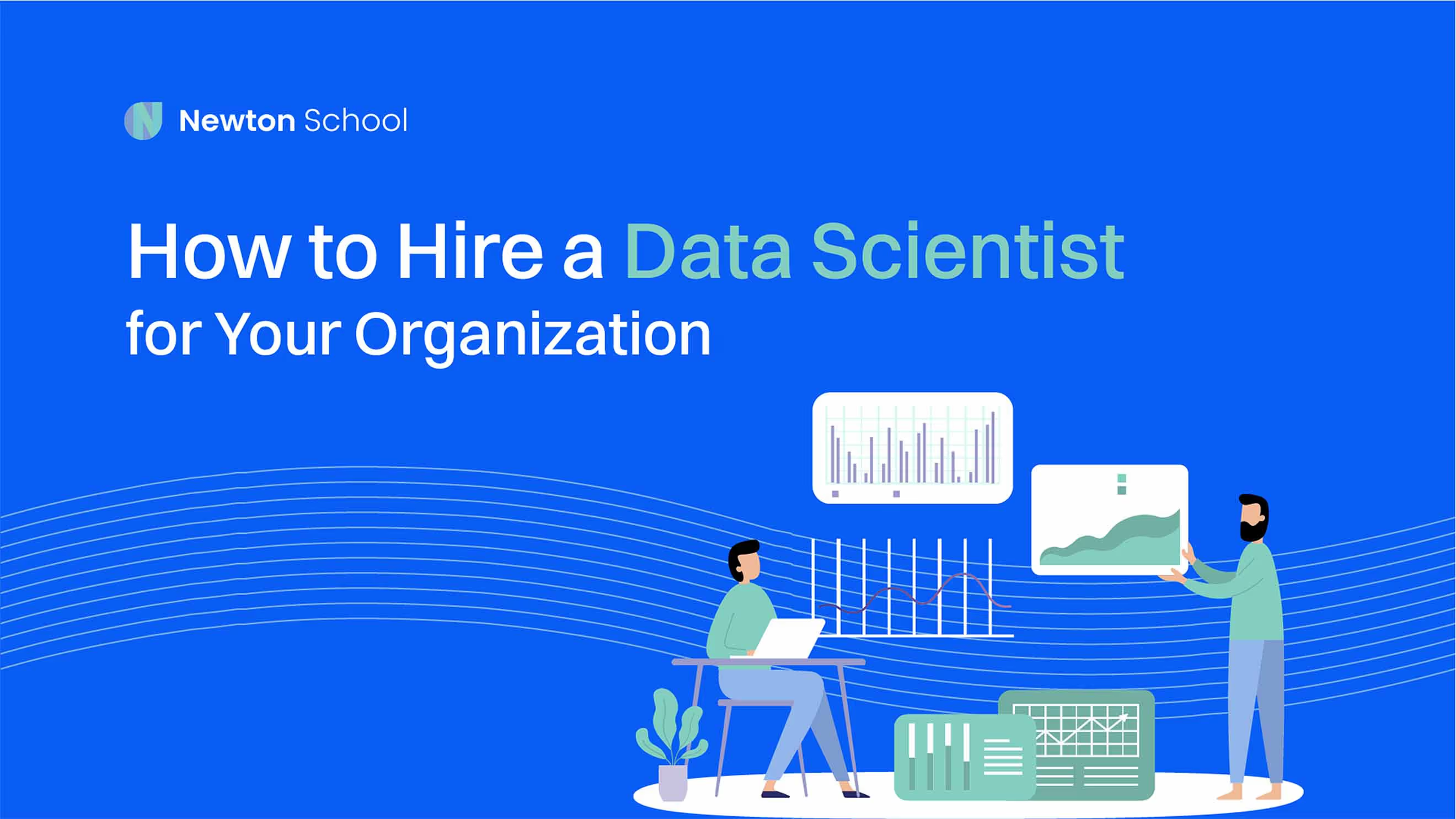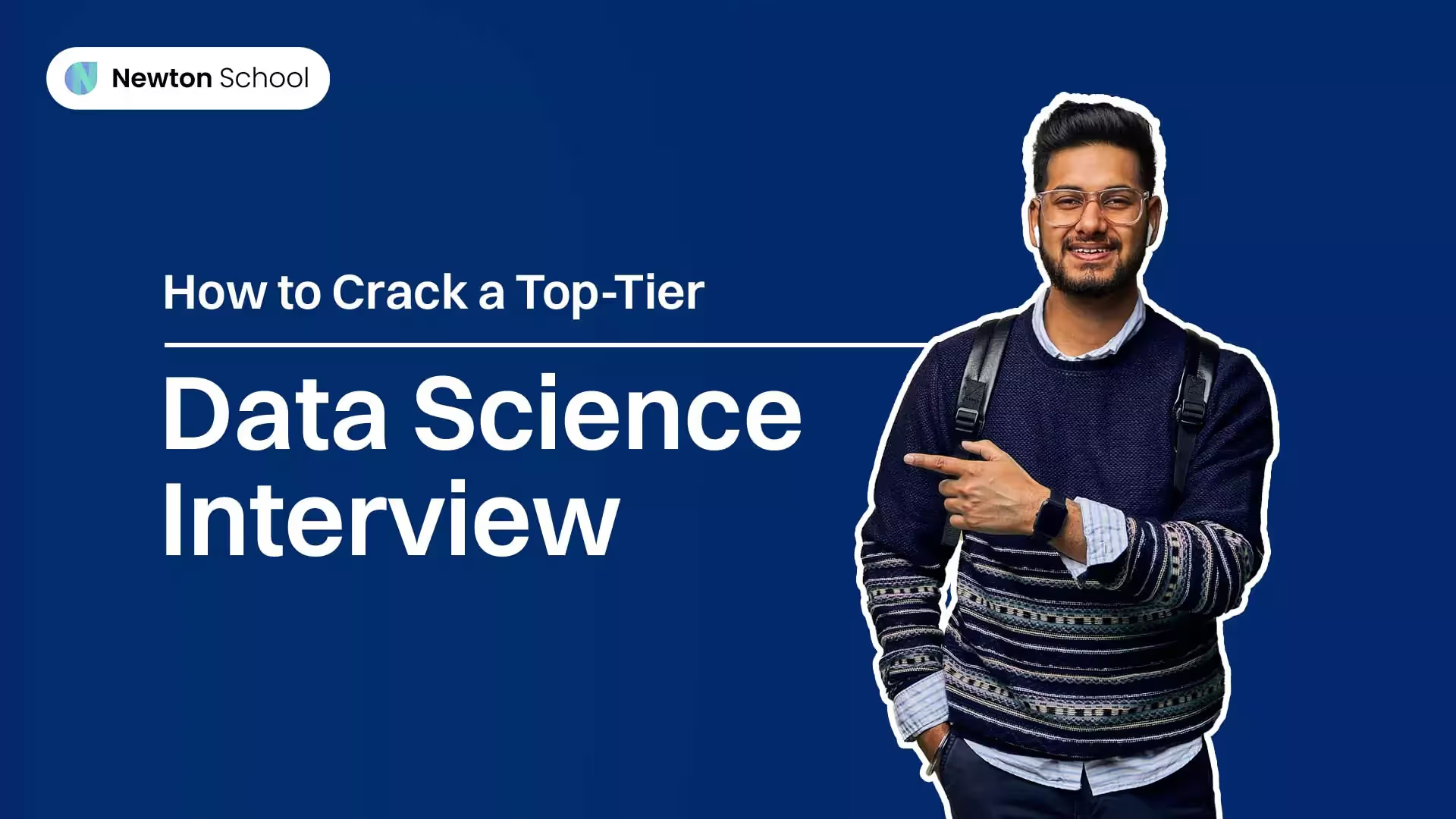
The field of Data Science has opened multiple career opportunities for skilled professionals and tech enthusiasts. Many IT experts and millions of job seekers are looking to learn this futuristic technology to stay competitive and enhance their careers. Do you know why?
According to the Harvard Business Review, the Data Scientist Profession is the Hottest Career of the 21st Century. The job also offers numerous perks and competitive salaries with the rising demand. That is why data science has emerged as a lucrative career option in the industry. However, it is no child’s play to crack a da Scnce interview.
When entering a top-tier company, the process is overwhelming and challenging. If you are an entry-level professional, it is helpful to have four years of experience as a business analyst with knowledge of Python. At times, the same applies to senior software engineers looking for chances in analytics and data science projects.
Role of a Data Scientist:
They are an expert who helps a company analyse and consolidate large numbers of structured and unstructured data. They design data modelling processes, algorithms, and predictive modes using reporting and analytics tools. This way, they assist with ongoing and planned data analytics projects.
If you are eager for this role & want to give a confident interview for a high-level company, you can follow these valuable tips and strategies.
Tips to Crack the Data Science Interview:
1. Honing your skills
Data Science is an interdisciplinary field. You should strengthen your basic skills and knowledge to sail ahead of the competitors. Before moving towards the actual preparation, ensure you master some basic concepts in this field.
- Data Science - Includes Data concepts, Data Mining, Data Visualization, and Intuition.
- Mathematics - Linear Algebra, Statistics and Probability, Dimensionality Reductions, Activation Functions, and Optimizers.
- Computer Science - Programming, Data Wrangling, Machine Learning.
- Coding – Python & SQL.
- Machine Learning - Algorithms like Decision Trees, Random Forests, KNN or K-Nearest Neighbors, Linear and Logistic Regression, Clustering Algorithms & more.
Once you understand all these topics and go through the python data science interview questions, you can ace the final interview easily.
2. Familiar with Product Questions
Data Scientists don’t operate in isolation; they work alongside a project manager and contribute to building a product. So, a clear understanding of the same will give you an upper hand to crack the interview without fail.
Interviewers ask product-based questions to analyse your:
- Capacity for analytical and logical thinking
- Product sense
- Problem-solving ability
- Communication
- Flexibility to adapt to varied circumstances
You can prepare and practice answering the questions well in advance.
3. Practicing Behavioural Questions
Some common behavioural questions that the interviewer can ask include -
- Mention one instance where you worked in a team
- Describe a tough decision that you took for a project.
- How can you handle team conflicts?
- How do you use data to elevate customer experiences?
- What are the common mistakes made in a data science team project?
- How can you use data insights to persuade opinions?
There are certain tricks that you can follow while answering these questions.
- Select 4 to 5 stories based on your past experiences & refine them.
- Put the stories in the STAR framework
- S- Situation
- T- Task
- A- Action
- R- Result
4. Focus on the Technology
Experts will advise you to focus on two parts for the data science interview - theory and knowledge implementation. If required, prepare to talk in-depth about a data science project you’ve handled.
By doing so, you are proving your understanding of the subject to the interviewer. All the final results will depend on how well you describe the project to them.
5. Own Up to Your Resume
Before going through all entry-level data scientist interview questions, remember to organise your resume with points that validate your experience in this field. The interviewer will analyse the quality of Data Science projects you have worked on along with the duration of your study in this field.
You are recommended to add easy, intermediate, and advanced projects to your Data Science portfolio. Ensure you do extensive research on these projects instead of just adding them to your resume. Try to answer all project-oriented questions without fail because it is detrimental to the process.
6. Display Different Skills of Your Intelligence
Data Science interviews are nothing like other interviews where you are asked to prove a theorem or an equation. Instead, it is about showcasing your intelligence with a focus on minimisation and abstraction. What matters is how well you can simplify things.
It’s good to learn to -
- Speak confidently
- Speak clearly
- Mention how comfortable you are working under a team
- Have control over the conversation
Above all, remember to conduct yourself during the interview and be well-behaved.
7. Read and Practice
Look into different online data science question banks. Read all the topics and go through the experiences of the others. Prepare a list of questions and work on answers. Validate them with real-time anecdotes and draw on your previous experiences handling other data science projects.
You can follow these preparation tips to communicate your thought process to the interviewer:
- Conduct a mock interview with peers so you can deliver your concepts in a better way
- Stand near the mirror & start speaking
- Write down the principle and common points that you will say in the interview
- Watch tons of mock interview videos of people from the Data Science Community.
Once you follow all these steps routinely, it will help you prepare well for the interview.
Final Words:
When interviewing for Data Science roles, companies look for professionals with exceptional technical skills. Hence every candidate should prepare accordingly. It is undeniable that the tips provided in this article will help you crack the interview with a high success rate.
But, try to give your best by working hard to achieve it. In the interview, your knowledge, project information, resume, skills, and communication will enable you to counter every difficult situation and come out victorious.




